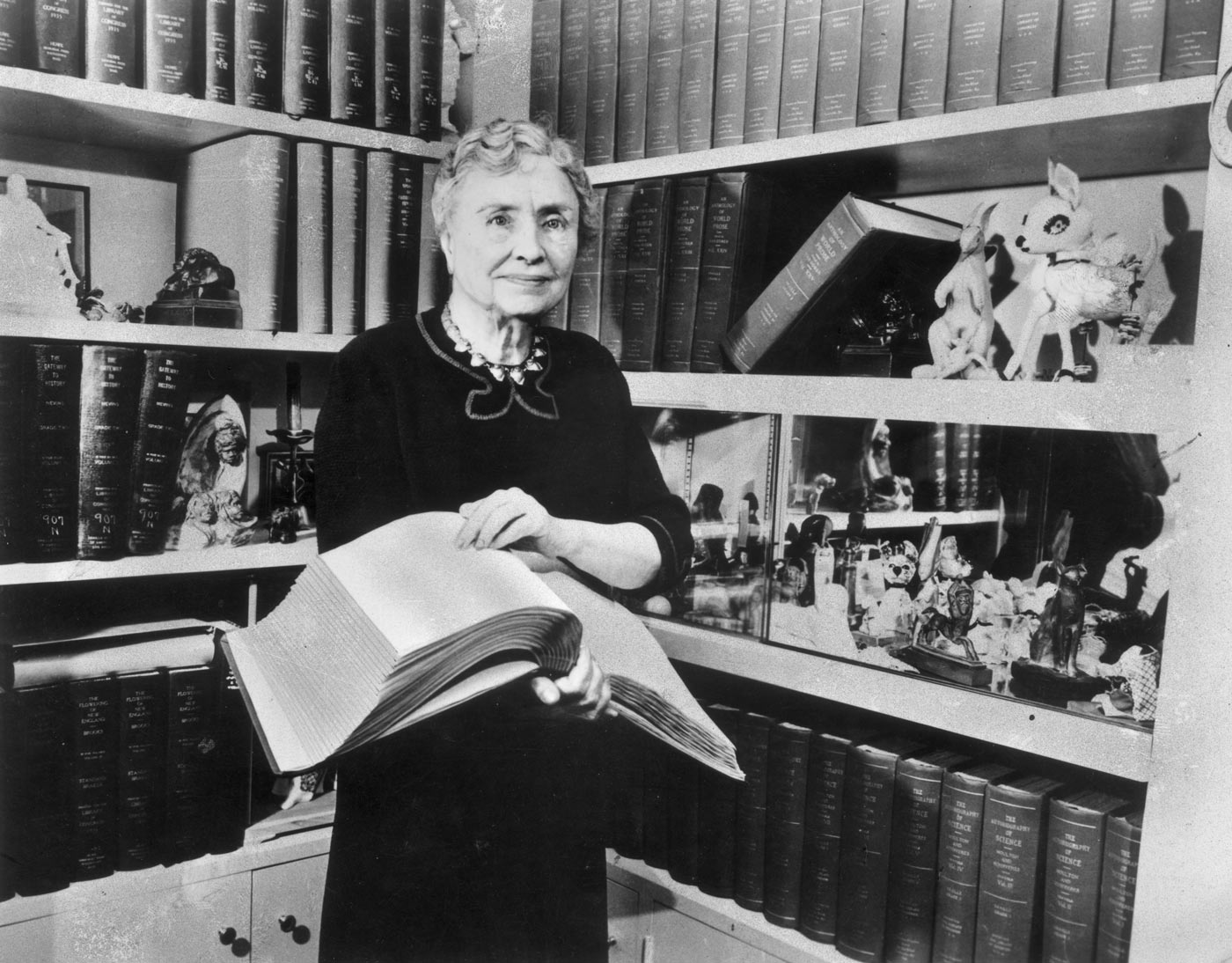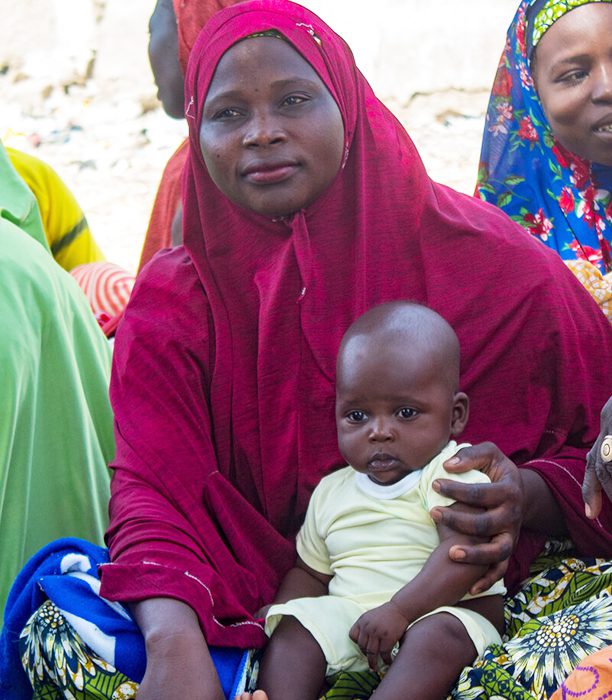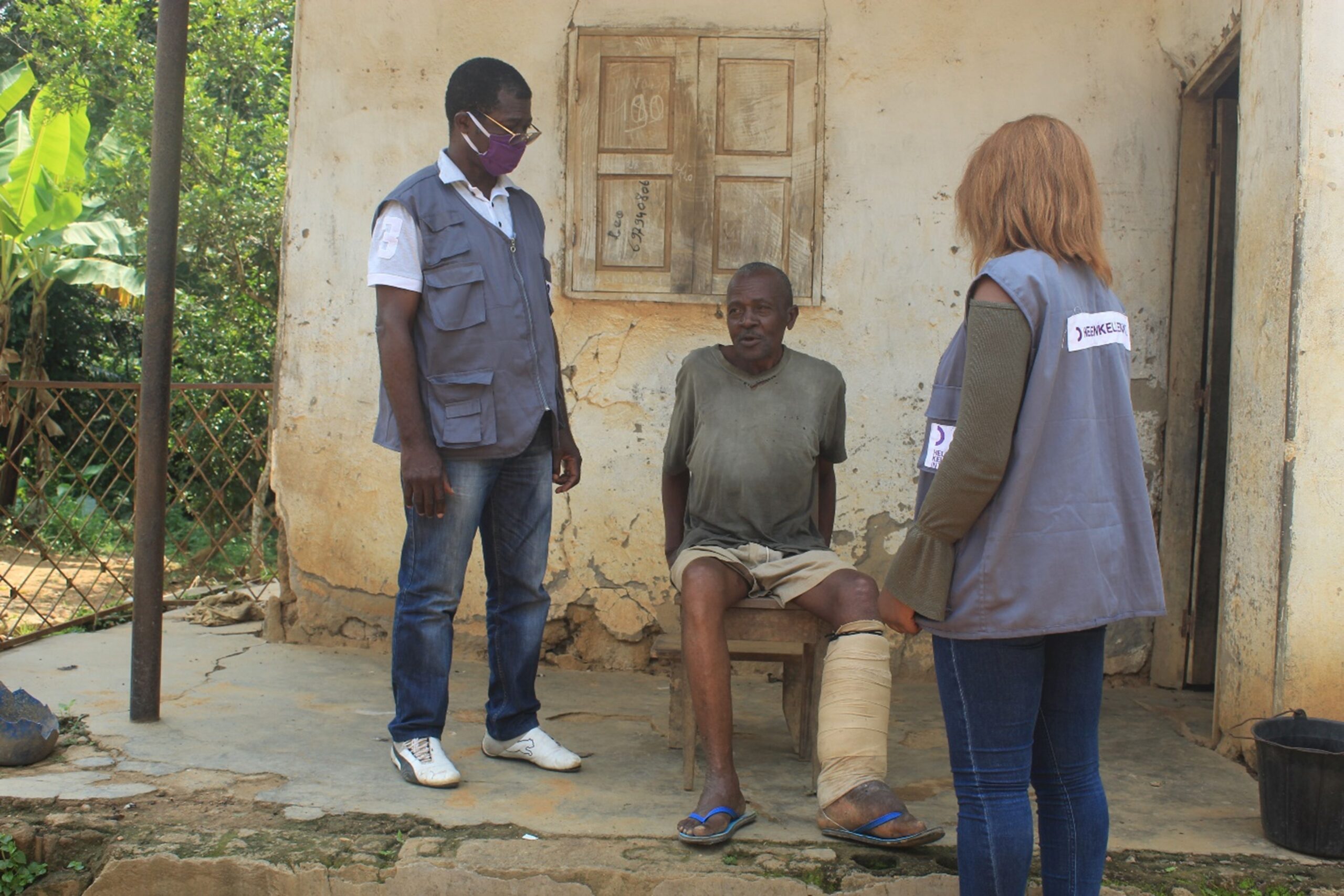
Breaking the prevalence of poverty-related diseases in Cameroon
When Helen Keller health workers visited Biaback Guiliagne’s home in a rural Cameroon village, he was surprised at first, but quickly warmed up when he realized the visitors could help relieve some of his pain. For more than 30 years, Biaback had been suffering from lymphatic filariasis – or elephantiasis, a parasitic neglected tropical disease spread through mosquitos that can cause extreme swelling of limbs. Isolated with no friends, his sister has been his longtime caretaker.
Addressing the cause of a mysterious persistent pain
When Biaback first began experiencing cramps in his leg, he didn’t think it was anything serious. But then the problems didn’t go away.
“I started having cramps almost every morning by 5 a.m. on my left leg and I thought it was not something serious. I thought it would go away, but instead I began to develop boils on the leg and it started growing in size. It then dawned on me that it must be witchcraft,” he said.
Biaback didn’t go to the hospital, both because of the cost and because he believed the causes were supernatural. Instead, he took medicinal herbs, which only reduced the pain he felt, but did not cure him.
Lymphatic filariasis causes mental, social, and financial consequences
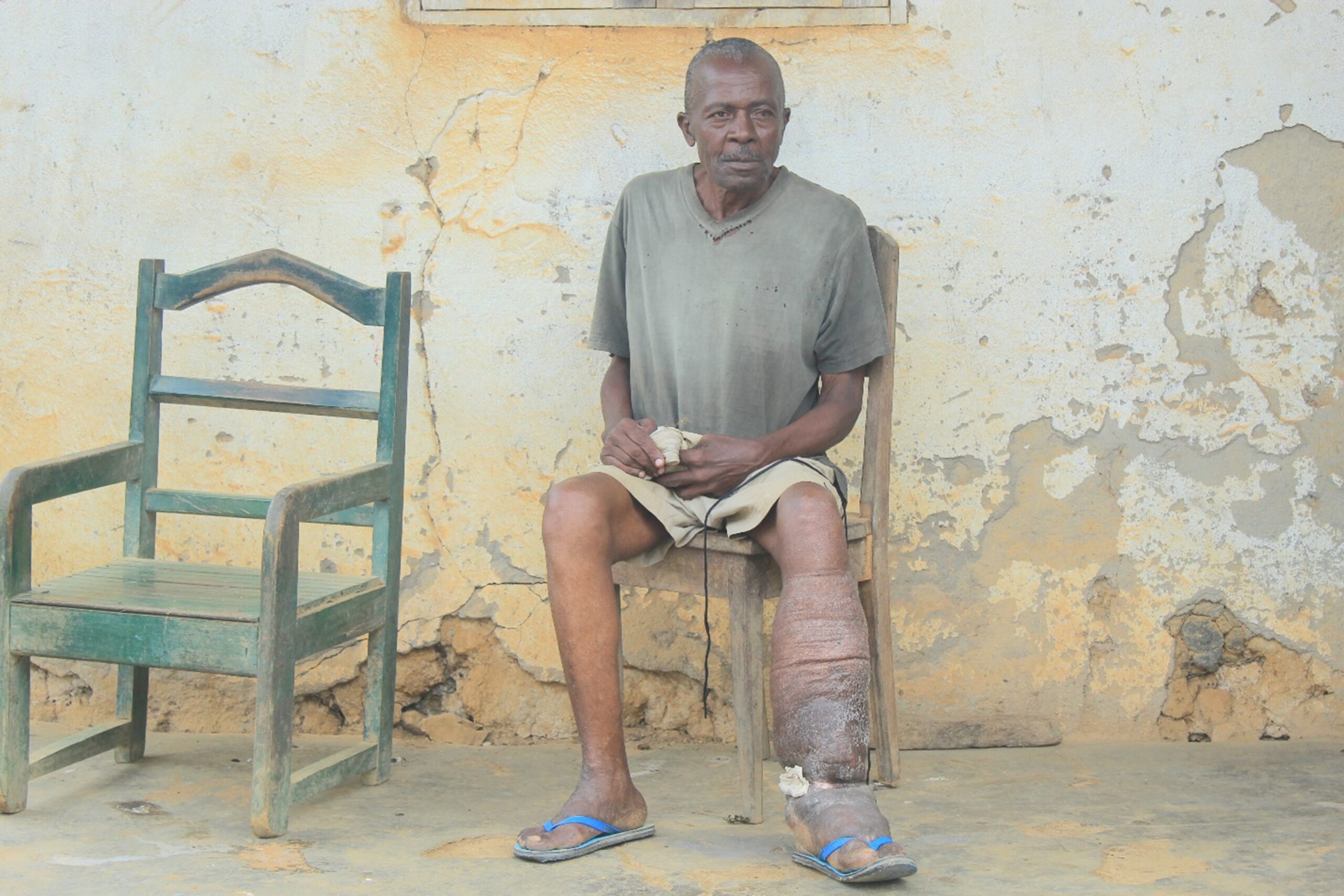
Sadly, Biaback’s irreversible problems likely started when he was much younger. Lymphatic filariasis infection occurs when parasites are transmitted to humans through mosquitoes. Infection is usually acquired in childhood, causing hidden damage to the lymphatic system.
The painful and profoundly disfiguring visible manifestations of the disease occur later in life and can lead to permanent disability. Once the disease reaches this stage, the effects have no cure. Patients are not only physically disabled, but suffer mental, social, and financial losses contributing to stigma and poverty. As the health workers explained more about the disease and the medicines that could help prevent further infection, Biaback took off the bandages, allowing the distributors to see the nature of his left leg. Almost in tears, he shared how lonely his life had been.
My life has been so lonely and cold for a long time.
“I have carried my leg like this for so long and it has not made life easy for me. I have no friends, I cannot do business, I cannot visit family. It’s like I was thrown away, or better still, killed by someone. My life has been so lonely and cold for a long time,” he said.
Helen Keller’s medical intervention helped Biaback gain better understanding of the disease, offering support and practices that can help him, and providing no-cost treatment that prevent infections. They also gave him medication to prevent another disease, onchocerciasis, to protect him from blindness and other health issues.
Partnering in the fight against diseases of poverty
Although Biaback’s infection was not discovered until late in life, Helen Keller is working across Cameroon and other countries in Africa to reach children and adults with medication that can prevent their lives from being devastated by these diseases.
More than 1.7 billion people across the world are affected by neglected tropical diseases, particularly in tropical and subtropical countries. While these diseases are preventable, they still have a devastating impact on impoverished or remote communities where access to healthcare may be severely limited.
In Africa, Helen Keller has been a major partner in the fight against eliminating neglected tropical diseases, putting an end to devastating stories like Biaback’s. Beyond home visits, Helen Keller partners with country governments to host mass drug campaigns and village health screenings, to both treat and prevent the harmful disease effects.
Last year, we reached more than 44.4 million people with treatment for neglected tropical diseases. In Cameroon alone, Helen Keller has already treated nearly 16 million people like Biaback, so they are no longer at risk of lymphatic filariasis.
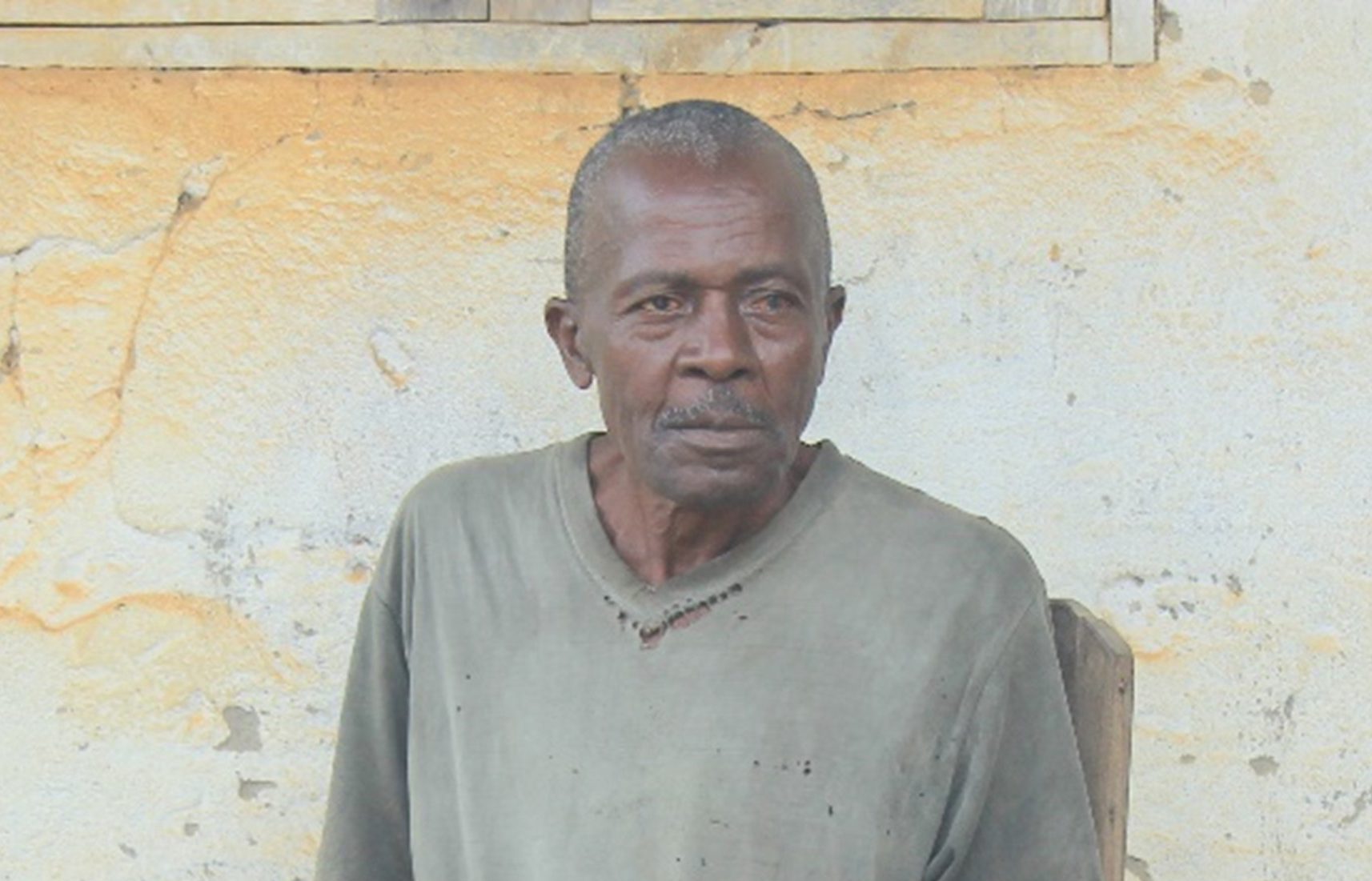
Join us in the fight against these harmful diseases to prevent stories like Biaback’s.
